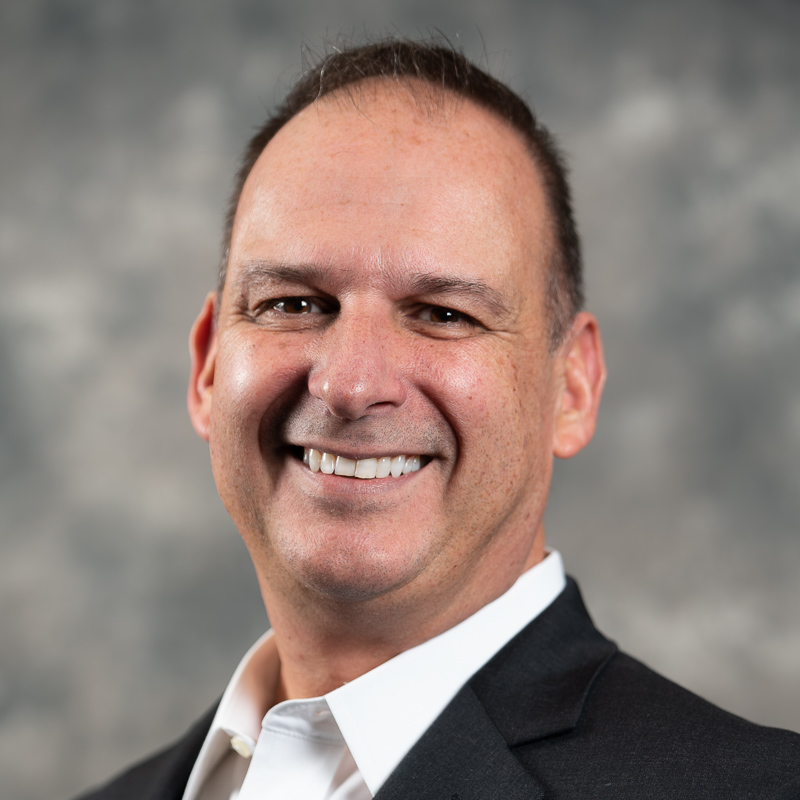
Don’t Let Air Permitting Hold Up Your Capital Expenditure Projects
December 16, 2021
By: Tommy Sweat & Karl Lany
As the industrial economy continues to rebound, capital expenditure (CapEx) projects are in the works or on the horizon. These projects include activities at existing plants – modernization of existing equipment, facility expansions, and modifications to change processes or make new products, as well as new greenfield facilities. Much of this activity has been suppressed during the pandemic, and as we emerge from this period, companies will be investing millions in CapEx projects.
At Montrose, our experienced professionals have helped facilities obtain permits and conduct compliance start up with support to ensure ongoing compliance. This experience has given us insight into the issues that come up when air-permitting projects arise.
Key Questions to Ask When Considering/Starting Your Permit-Required CapEx Projects:
How do I get my permit faster? What could I do to “grease the skids”?
For projects with environmental impacts, one of the key requirements (and potential bottlenecks) is obtaining the air permit. And, of course, time is of the essence. We have found that permitting timeframes may be expedited through a few key strategies:
- Ensure you are pursuing the lowest-level permit possible. For example, a PSD/NSR permit could take six to twelve months (or longer) to obtain. What if we could take acceptable limits on emissions to qualify for a lower level (e.g., Synthetic Minor) permit, thereby saving months on the timeframe?
- Reach out to the regulatory agency as early in the process as possible. Introduce agency permitting staff to your project’s goals and timeline. Discuss their needs to issue the permit, such that supplemental information in the application package may help speed up the process. Ask if the agency has an expedited permitting program (often for a fee) and ask if submitting a proposed draft permit will be useful to them.
What should I offer in my application to ensure I’m not over-burdening myself with excessive monitoring, recordkeeping, and reporting? How can I make my permit less expensive for ongoing compliance?
When we take on a new client with existing air permits, we often find that many have unnecessary and onerous requirements in the permit. Once those requirements are in the permit, they are hard to remove or relax. It is a balancing act between advocating for common sense requirements to minimize costs and agreeing to provisions that may expedite permit issuance. Some key elements to consider include:
- Based on the underlying requirement (emission limit, operating parameter, fuel specification), what would I really need to monitor and keep records of to demonstrate compliance?
- Where can I streamline future monitoring, including leak detection and source testing, to ensure compliance?
- Can I research what permit provisions similar facilities have in my area that may be advantageous for my facility?
- Should I start with my proposed practical monitoring regime and be prepared to negotiate with the agency on an acceptable alternate plan?
- Or am I so rigidly sticking to my plan that it might delay my permit issuance? Am I prepared to endure the lengthy delay that this may entail? Or, am I willing to negotiate and work hard after startup to prove that I am in compliance and ask for relaxed provisions later?
What should I include in my application package to ensure that all readers have the information needed about my project? Will my permitting action have environmental justice or community interest? Do I need to plan for public participation?
For many agencies, the content of air permit applications can be fairly straightforward – forms, emissions calculations, regulatory applicability, control technology evaluation, and dispersion modeling. However, it is important for project teams to know that the audience for the application is not just the permitting agency. Applications are made available to the public, local community, environmental organizations, and the media. It is important for project teams to tell the story of the project – what are we planning to do, why are we doing this, what have we considered with respect to environmental impacts, what are the benefits, what are we willing to do to ensure compliance, can we show that we have a plan for compliance on Day 1? If an application is purely technical without a good basic narrative, it may raise more questions than providing answers.
It is also important for CapEx project teams to gauge the expected public interest from the local community and environmental organizations and to be aware of environmental justice concerns. Should the team consider early public outreach? In some cases, companies are aware of local public participation conditions; however, it is a good idea to reach out to the permitting agency to ask their thoughts on public participation. Knowing what could happen after submittal may influence the content of the permit application to more proactively address potential concerns. And, public participation, including comment periods and hearings, could delay final permit issuance.
Would partnering with a consultant expedite and simplify this process? What do I need to know about selecting the right consultant (permitting partner) for the job?
Selecting a permitting partner with specific expertise in obtaining air permits for your industry is key. Your air permitting consultant is a key member of the team in ensuring that your timeline goals are met. Here are some questions and considerations when choosing a permitting partner:
- Do they have experience, contacts, and relationships with my regulatory agency? Do they understand the nuances of my project location?
- Are they knowledgeable in my specific industry? Are they going to understand my processes, or am I going to have to educate them?
- Have they dealt with complex or difficult permitting actions? Are they adept at agency negotiation?
- Do they have the key people to complete my application?
- Engineers and scientists to estimate emissions and evaluate control technologies
- Regulatory experts to simplify complex regulations into straightforward requirements
- Air dispersion modelers to address air quality standard demonstrations
- Compliance specialists that understand how to meet permit requirements after startup, including monitoring, LDAR, source testing, recordkeeping, and reporting.
- Permit negotiators (including former regulators) who know how to reach across the table and work in a collaborative relationship with the agency and the facility.
- Are they going to manage communications and deadlines effectively?
The Permitting Partner You Need, With the Expertise to Make Your Project a Success
Our nationwide team of permitting professionals has decades of experience obtaining air permits, working with regulatory agencies, and helping you develop the strategies and plans needed to obtain your permits and ensure smooth project completion and hassle-free ongoing compliance. To learn more about how we can assist you with the critical permitting process of your CapEx planning (and beyond) please contact our team here.
Tommy Sweat, P.E.
VP, Regulatory Consulting
Tommy Sweat brings over 23 years of industry experience to the Montrose team where he currently serves as Vice President of Regulatory Consulting. The focus of his industry expertise lies in air quality management and other regulatory programs. Tommy is a Registered Professional Engineer in GA, AL, FL, SC, TN, MO, IA, PA, TX, LA, OH, and NC. He also previously served as Chair for the Air & Waste Management Association. Tommy holds a Bachelor’s of Science Degree in Chemical Engineering, Environmental Certificate from The University of Alabama.
 Karl Lany
Karl Lany
District Manager
Karl Lany has over 30 years of air quality experience and currently oversees Montrose’s permitting and compliance in Southern California. Mr. Lany has worked with various industries in the public and private sectors and has deep expertise working with federal, state, and local government agencies. He holds an M.S. in Environmental Studies, a B.S in Civil Engineering Technology, and a B.S. in Business Finance.


